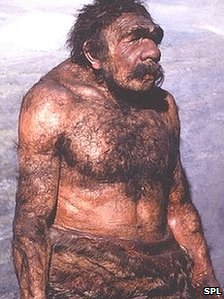My latest for Wired:
Cliodynamics is a field of study created by Peter Turchin in the early 2000s. The idea is to use data as a means of predicting the future, but also as a way of testing theories about what happened in the past. You build a model that seeks to explain history, and then you test this model using real historical data.
The movement’s latest aim is to analyze the origins of complex societies. In a paper published today in Proceedings of the National Academy of Sciences, Turchin and a trans-disciplinary team from the University of Connecticut, University of Exeter, and the National Institute for Mathematical and Biological Synthesis attempt to overturn the long standing belief that large-scale states are the product of agriculture.
Early humans were hunter-gatherers. They had relatively simple social structures, which consisted of perhaps a few dozen people, all of whom knew each other, and they didn’t engage in complex cooperative tasks. But eventually, complex societies evolved — complete with governments, armies, agriculture, education, and other large scale, cooperative projects. With their paper, Turchin and his collaborators analyzed the spread of the social norms that allowed societies to expand across millions of people.
“You cannot have a large state without bureaucrats, but bureaucrats are expensive. You have to pay them,” he says. “So the big question is how do complex societies evolve when they are so expensive?”
The standard theory, which Turchin calls the “bottom up” theory, is that humans invented agriculture around 10,000 years ago, providing resource surpluses that freed people up for other ventures. But what Turchin and his team have found is that the bottom-up theory is wrong, or at least incomplete. “Competitions between societies, which historically took the form of warfare, drive the evolution of complex societies,” he says.
Full Story: Wired Enterprise: Data Geeks Say War, Not Agriculture, Spawned Complex Societies
While this doesn’t prove that war pre-dates agriculture, it does challenge some ideas about the origins of war.
See Also:


 here and
here and 